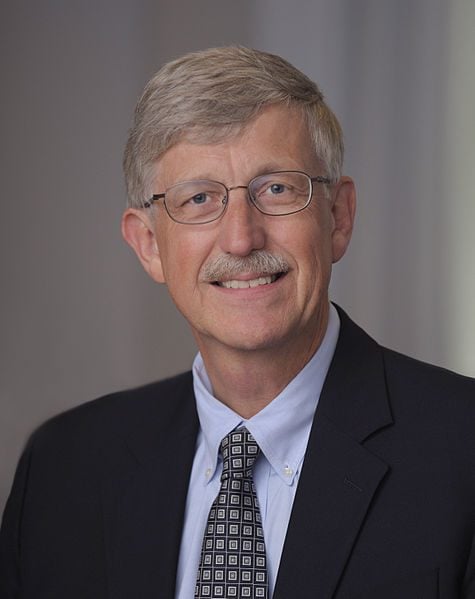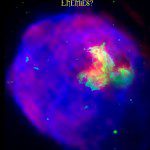***
***
A survey of scientists who are members of the American Association for the Advancement of Science, conducted by the Pew Research Center for the People & the Press in May and June 2009, . . . [found that] just over half of scientists (51%) believe in some form of deity or higher power; specifically, 33% of scientists say they believe in God, while 18% believe in a universal spirit or higher power [21% Protestant, including 4% evangelical, 10% Catholic]. . . . Edward Larson, a historian of science then teaching at the University of Georgia, . . . [in a] 1996 poll came up with similar results, finding that 40% of scientists believed in a personal God, while 45% said they did not. Other surveys of scientists have yielded roughly similar results. 17% said they were atheists; 11% agnostics, and 20%, of no particular affiliation. The AAAS is the world’s largest general scientific society. The survey was conducted among a sample of 2,533 members. [source: The Pew Forum on Religion and Public Life]
The first study of physician religious beliefs has found that 76 percent of doctors believe in God and 59 percent believe in some sort of afterlife. The survey, performed by researchers at the University and published in the July issue of the Journal of General Internal Medicine, found that 90 percent of doctors in the United States attend religious services at least occasionally, compared to 81 percent of all adults. Fifty-five percent of doctors say their religious beliefs influence how they practice medicine. These results were not anticipated. Religious belief tends to decrease as education and income levels increase, yet doctors are highly educated and, on average, well compensated. [source: Easton]
Elaine Ecklund, and Christopher Scheitle questioned 2,198 faculty members in the disciplines of physics, chemistry, biology, sociology, economics, political science, and psychology from 21 elite U.S. research universities. Overall, 75% of professors contacted completed the survey:
Disbelief in God by Academics
Physics 40.8%
Chemistry 26.6%
Biology 41.0%
Overall 37.6% [source: Ecklund and Scheitle]
From 2005 to 2008, I surveyed nearly 1,700 natural and social scientists on their views about religion, spirituality and ethics and spoke with 275 of them in depth in their offices and laboratories. It turns out that nearly 50 percent of scientists identify with a religious label, and nearly one in five is actively involved in a house of worship, attending services more than once a month. . . . Of the atheist and agnostic scientists I had in-depth conversations with, more than 30 percent considered themselves atheists; however, less than six percent of these were actively working against religion. Many atheist and agnostic scientists even think key mysteries about the world can be best understood spiritually, and some attend houses of worship, completely comfortable with religion as moral training for their children and an alternative form of community. [source: Ecklund: Huffington Post]
My studies show that most scientists are not like Richard Dawkins, author of “The God Delusion,” who is well known for being anti-religion. Nearly 50 percent of scientists are part of a religious community. Although my study shows nearly 40 percent in some science disciplines are atheists, I can count on one hand the number of atheist scientists I spoke with who share Dawkins’ vehement anti-religious sentiment. [source: Ecklund: Baker Institute Blog]
The International Society of Ordained Scientists, founded by British biologist and theologian Arthur Peacocke, claims 3000 members. [source: Eugenie Scott]
See also a summary of the polling data of E. J. Larson and L. Witham, “Scientists are still keeping the faith” (Nature 386 [3 April 1997], 435-436).













